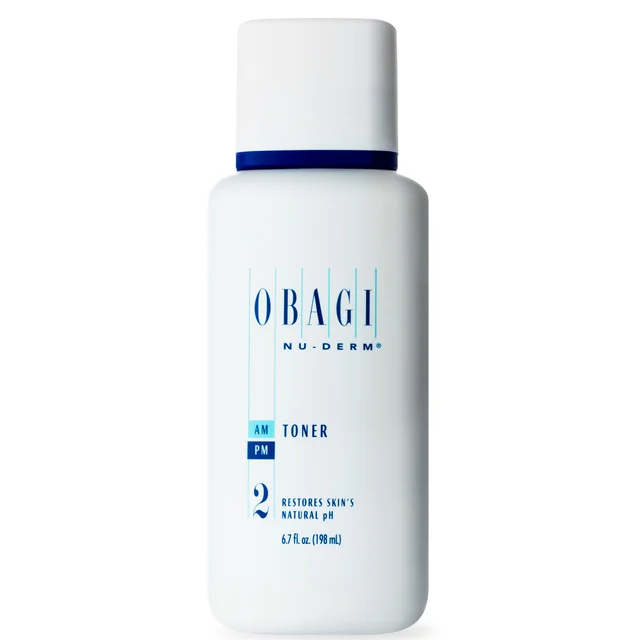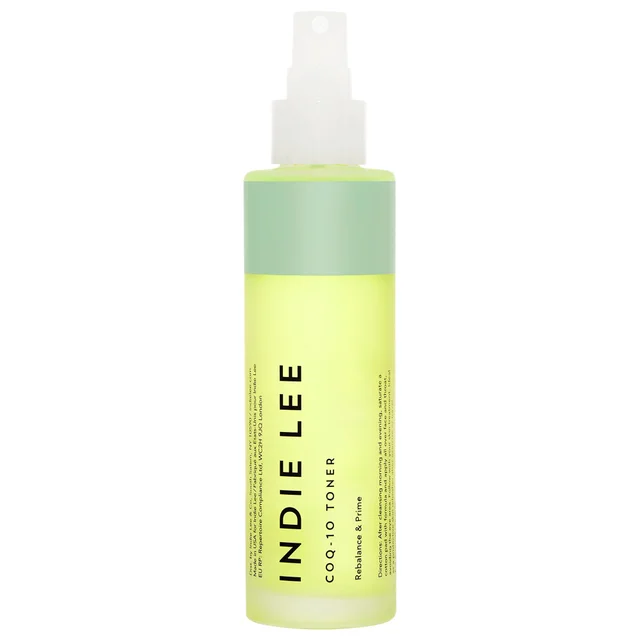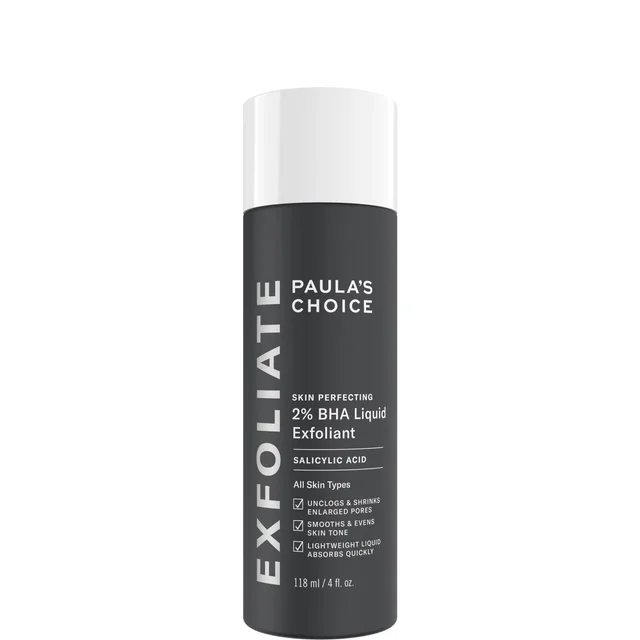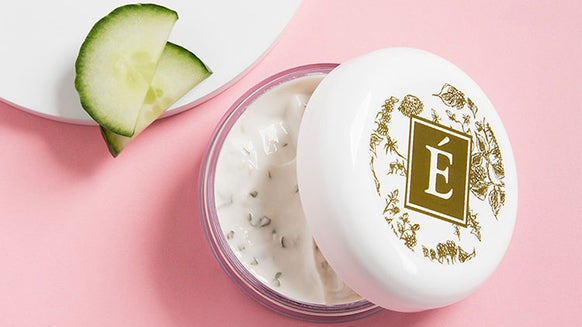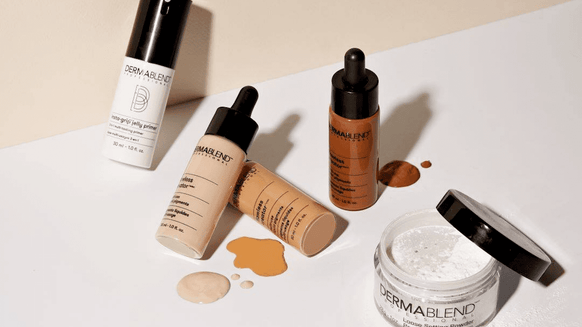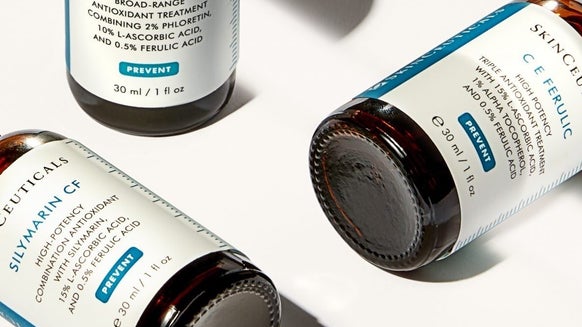Your Skin’s pH: What Is It and How Do You Restore Its Balance?
We've been seeing a lot of our products---especially cleansers and toners---do multiple things including balance our skin's pH levels, but what does that exactly mean? To help shed light on this, we turned to Rachel Nazarian, M.D., of Schweiger Dermatology Group in New York, to explain what’s behind pH, the impact it has on your skin and how and why balance is beautiful.
What is "pH" and what is its ideal "balance"?
Dr. Nazarian: The pH scale is a numeric scale (typically between 0 and 14) that measures how acidic or [neutral] something is. The skin, like every organ in the body, performs its best within a narrow ideal environment, especially when it comes to pH. Skin maintains its barrier best around 5.5—slightly acidic. At the ideal pH (5.5), the skin is able to maintain a good barrier and, together with natural oils, moisturizers and bacteria, function as a true protective defense organ. This collection of factors creating this shield is called the “acid mantle.”
Why is pH balance important to skin?
Dr. Nazarian: Any great deviation—either too high of a pH or too low—throws off the “ecosystem” of skin and causes inflammation and irritation when the natural oils and natural bacteria on the skin are disrupted. The connection between pH and bacteria comes from shifting the pH so far in either direction that the “good” bacteria are no longer able to keep inflammation and “bad” bacteria in check.
What are the signs of your skin’s pH being out of balance?
Dr. Nazarian: When people complain that their skin is too red, too dry, too itchy, too flaky, too oily—too anything—it’s potentially because the ideal balance of the skin is off and the pH has shifted, creating a cascade of inflammatory factors and unevenness in the natural flora. Although the concept of pH balance is still being extensively studied, the thought is that a pH that is too alkaline causes drying and decreased hydration of skin, leading to eczema flares and potentially highlighting signs of aging (like fine lines, wrinkles), while skin ranging too far low on the acidic pH spectrum creates increased redness and inflammation. The same is also possible internally: We have natural bacterial flora that helps boost the immune system and helps minimize bad bacteria. When we throw off this sensitive balance, newer studies suggest that inflammatory markers in the colon (and skin) increase, triggering acne, rosacea and perhaps other inflammatory conditions of the skin. Any deviation prevents skin from looking, feeling and performing its best.
What impacts the balance of skin pH?
Dr. Nazarian: The skin’s pH can be impacted by nearly anything: the skin care products you use, what you’re washing it with (classic soaps are too alkaline), how often you’re washing it and even what you’re eating. Similarly (and more commonly), if you’re using products that are too acidic or too basic, you could alter the skin’s pH. Patients of mine are always looking for “home remedies” or Pinterest-type skin care tips to naturally address skin concerns, but this is extremely risky because most home products, like kitchen and bathroom items, have a pH far varied from that of skin.
How can skin pH balance best be restored?
Dr. Nazarian: Probiotics can help restore the balance of skin and bacteria both externally and internally, but it’s important to adhere to a good topical regimen and diet to decrease the disruption of the good bacterial flora and pH as well. Many topical skin care products today contain probiotics or state that they are pH balanced: Both of these techniques will help regain an ideal skin environment. In addition, remembering to treat your skin delicately (not overwashing, overscrubbing or using random products) will help prevent the destruction of the sensitive acid mantle and will help protect your skin so it can protect you.

From the latest hair and makeup trends to the best solutions for your skin issues, we've got all your beauty concerns covered!
Related Posts
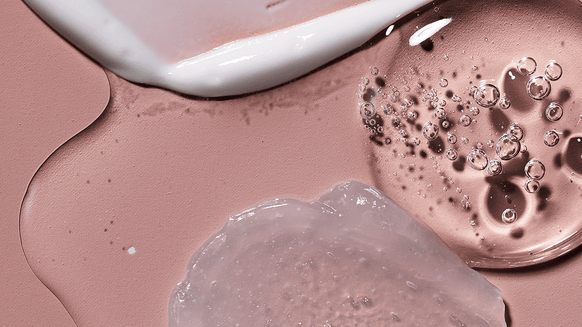
The Complete Guide to Peptides for the Skin, According to Dermatologists

What Is Inflammation, Plus the Best Skin Care Products and Supplements That Fight It


